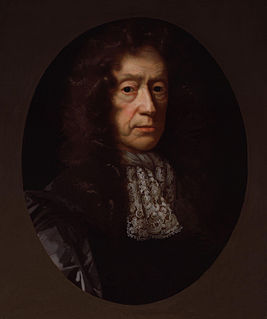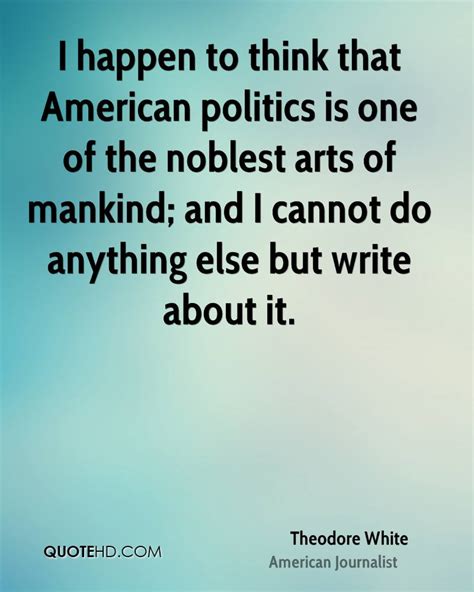A Quote by Francis Quarles
Of all the difficulties in a state, the temper of a true government most felicifies and perpetuates it; too sudden alterations distemper it. Had Nero tuned his kingdom as he did his harp, his harmony had been more honorable, and his reign more prosperous.
Related Quotes
It is marriage, perhaps, which had given man the best of his freedom, given him his little kingdom of his own within the big kingdom of the state.... It is a true freedom because it is a true fulfilment, for man, woman and children. Do we then want to break marriage? If we do break it, it means we all fall to a far greater extent under the direct sway of the State.
Frank W. Woolworth once told me that the turning-point in his career did not come until he was thrown flat on his back by illness. He was sure that his business would go to pieces during his long, enforced absence. Instead, he discovered that he had in his employ men who could overcome difficulties when given power to exercise initiative. After that Woolworth left many problems and difficulties to be solved by subordinates and turned his attention to big things.
Strange is the vigour in a brave man's soul. The strength of his spirit and his irresistible power, the greatness of his heart and the height of his condition, his mighty confidence and contempt of danger, his true security and repose in himself, his liberty to dare and do what he pleaseth, his alacrity in the midst of fears, his invincible temper, are advantages which make him master of fortune.
The barbarians of Germany had felt, and still dreaded, the arms of the young Caesar; his soldiers were the companions of his victory; the grateful provincials enjoyed the blessings of his reign; but the favourites, who had opposed his elevation, were offended by his virtues; and they justly considered the friend of the people as the enemy of the court.
The image of the presence, whatever it was, waiting there for him to go -this image had not yet been so concrete for his nerves as when he stopped short of the point at which certainty would have come to him. For, with all his resolution, or more exactly with all his dread, he did stop short - he hung back from really seeing. The risk was too great and his fear too definite: it took at this moment an awful specific form.
He who through virtue and spiritual knowledge has brought his body into harmony with his soul has become a harp, a flute and a temple of God. He has become a harp by preserving the harmony of the virtues; a flute by receiving the inspiration of the Spirit through divine contemplation; and a temple by becoming a dwelling place of the Logos through the purity of his intellect.
The weekend break had begun with the usual resentment and had continued with half-repressed ill humour. It was, of course, his fault. He had been more ready to hurt his wife's feelings and deprive his daughter than inconvenience a pub bar full of strangers. He wished there could be one memory of his dead child which wasn't tainted with guilt and regret.
Man in his raw, natural state as he comes from the womb is morally and spiritually corrupt in disposition and character. Every part of his being-his mind, his will, his emotions, his affections, his conscience, his body-has been affected by sin (this is what is meant by the doctrine of total depravity)
Emile Saint-Blague had been a lively, versatile painter in his youth, but he had abused his energy by painting too many pictures; so that in what might have been the ripe period of his art he had nothing left but ideas. A man who has nothing left but ideas may be of great service to his friends, but he is of no use at all to himself. Emile was certainly an inspiration to his friends.
Socrates was the chief saint of the Stoics throughout their history ; his attitude at the time of his trial, his refusal to escape, his calmness in the face of death , and his contention that the perpetrator of injustice injures himself more than his victim, all fitted in perfectly with Stoic teaching. So did his indifference to heat and cold, his plainness in matters of food and dress, and his complete independence of all bodily comforts.







































